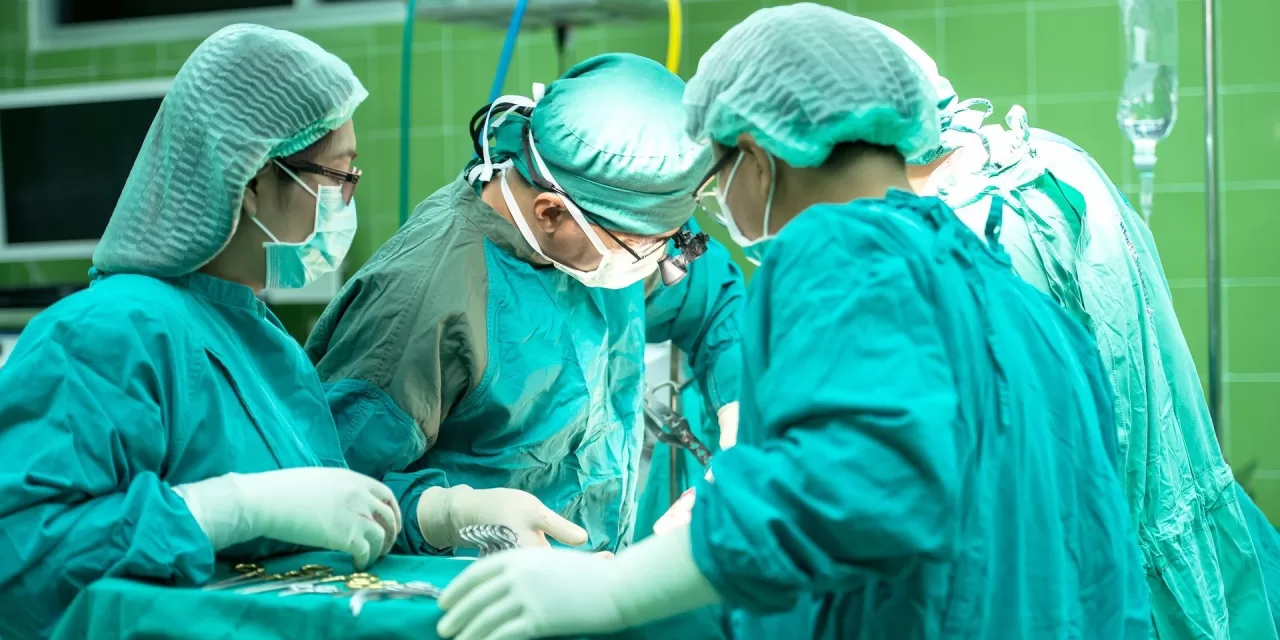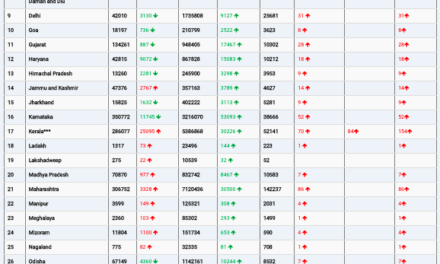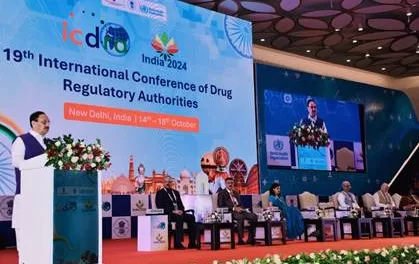A recent study by the Indian Council of Medical Research (ICMR) has raised alarms over the increasing rates of Surgical Site Infections (SSIs) in major hospitals across India. The research, which analyzed 3,020 patients from three renowned medical institutions—Jai Prakash Narayan Apex Trauma Centre, Kasturba Hospital, and Tata Memorial Hospital—found that the incidence of SSIs in these hospitals surpasses the rates typically seen in high-income countries.
The study sheds light on the disturbing trend of SSIs, which are infections that occur at the site of a surgical incision, leading to delayed recovery, extended hospital stays, and sometimes, severe complications. According to the findings, the SSI incidence stood at 5.2% across the sample of patients studied, a figure significantly higher than that observed in developed nations, where rigorous post-surgical care protocols are in place.
One of the key factors contributing to the high rate of SSIs, as identified in the research, is the lack of comprehensive post-discharge surveillance in Indian hospitals. While many high-income countries have established systems to monitor patients after their release, India’s healthcare system often falls short in this crucial area.
The study emphasizes the need for a multi-faceted approach to combat SSIs, including better infection control practices, enhanced post-discharge follow-up, and greater awareness of the risk factors contributing to these infections. In particular, the research advocates for improvements in hygiene standards, the use of prophylactic antibiotics, and ensuring proper wound care during the recovery phase.
Given the significant public health implications of these findings, experts are calling for an urgent overhaul of surgical care protocols and greater investment in resources for post-surgical monitoring. As the incidence of SSIs continues to rise, it is clear that immediate action is required to safeguard the health and well-being of surgical patients in India.












